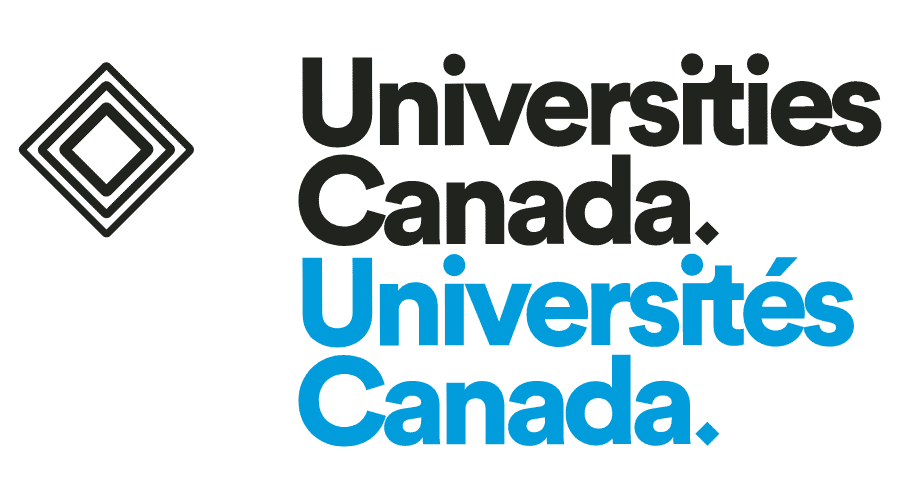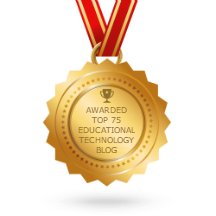Earlier in the week I received this message.
Looking over the program, I noted the following sessions related to K-12 distance, online, and/or blended learning.
TIMESLOT 5 / PÉRIODE 5
1:30 – 2:45 P.M. / 13 h 30 – 14 h 45
31 May / Le 31 mai 2020
Session/Séance 5.21
Room/Salle: John George Althouse
Faculty of Education Building – FEB 2023
TATE-TFEE – Multi-paper / Plusieurs communications
Virtual schools and ESL/ELL students
K-12 E-learning: Evolution of Technology in a Canadian Virtual School
Nadeem Saqlain (Memorial), Dennis Mulcahy (Memorial), Michael Barbour(Touro)
Finding the Right Fit: Exploring ESL Teachers and Students’ Perceptions of iLit ELL, a Technology-based Literacy Program’s Use with High School English Language Learners
Sara Shahbazi (Windsor)
A Longitudinal Study Exploring the Pedagogy of AR Implementation in an ESL Classroom
Shuyuan Liu (Queen’s)
TIMESLOT 16 / PÉRIODE 16
9:45 – 11:00 A.M. / 9 h 45 – 11 h 00
2 June / Le 2 juin 2020
Session/Séance 16.2
Room/Salle: John George Althouse
Faculty of Education Building – Gym – FEB 1059
TATE-TFEE: Roundtables/Tables rondes
Table 16: Teaching and learning with computers and AR
Narrative as an embodied experience: A multimedia project with AR technology
Mary McDonald (UBC), Natasha Boskic (UBC)
Online teaching and learning: Students’ view on Computer-Mediated Communication (CMC) in a Canadian university
Ying Huang (Western)
Promoting Self-efficacy in Computational Thinking of School Teachers
Ming Zhao (Shannxi Normal), Hong-liang Ma (Shannxi Normal), Xiao-hong Wang (Shannxi Normal)
TIMESLOT 19 / PÉRIODE 19
1:30 – 2:45 P.M. / 13 h 30 – 14 h 45
2 June / Le 2 juin 2020
Session/Séance 19.22
Room/Salle: Alexander Charles
Spencer EngineeringBuilding – SEB 1056
TATE-TFEE – Multi-paper / Plusieurs communications
Online and digitally-enhanced learning environments
Educating awarenesses: Preservice teachers’ growth through observation, reflection and teacher feedback
Sahana Mahendirarajah (Ontario Tech), Brianne Brady (Ontario Tech), Robyn Ruttenberg-Rozen (Ontario Tech)
What Good is Technology? Separating Fact from Fiction in E-Learning
Beyhan Farhadi (OISE-UT)
Preservice Teacher and Associate Teachers’ Use of a Digitally-enhanced Learning Environment in Teaching & Learning
Kamini Jaipal (Brock), Candace Figg (Brock), Dane Di Cesare (Brock), Min Huang (Brock)






































 12 Unique Blogs Are Written By Professors
12 Unique Blogs Are Written By Professors